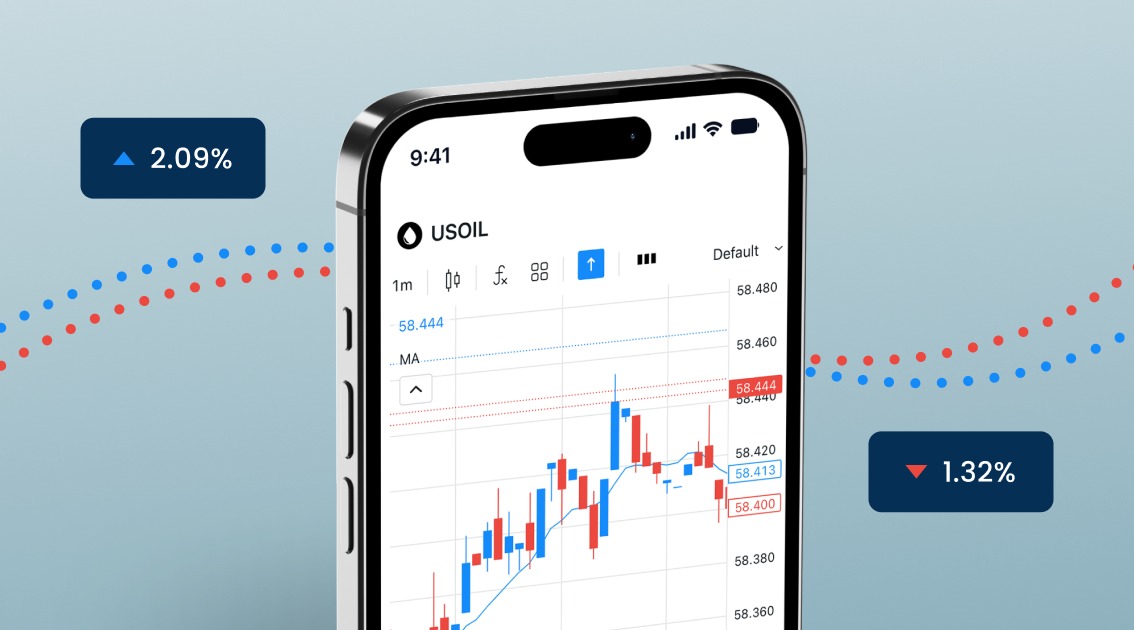E-commerce has changed the way we shop, bringing convenience and accessibility to customers all over the world. Social commerce, which combines social networking and online shopping, has grown as a major force in recent years. With the expanding importance of social media platforms and the growing preference for personalized buying experiences, the question of the future of e-commerce arises: Is social commerce the future of e-commerce?
In this article, we will look at social commerce and its potential as a game changer in the e-commerce industry. We will analyze whether social commerce will dominate the future of online shopping, from the benefits for firms and consumers to the problems and issues.
Understanding Social Commerce
The integration of social media platforms and e-commerce in which users can explore, discover, and purchase products or services directly within social media apps is referred to as social commerce. It merges social networking and online purchasing, resulting in a seamless shopping experience within a social atmosphere. Social commerce drives sales and engagement by using the social influence of users, user-generated content, and social recommendations.
The Rise and Influence of Social Media
With billions of users worldwide, social media has become a vital part of people's lives. Platforms such as Facebook, Instagram, and Pinterest have changed how we connect, share, and find material. The influence of social media extends to purchasing behavior, as individuals seek product recommendations, reviews, and inspiration from their social networks. Because of the extensive usage of social media, businesses now have the chance to tap into this influence and convert it into sales through social commerce.
Business Advantages
Businesses can gain from social commerce in a variety of ways. For starters, it gives a direct avenue for reaching out to and engaging with their target audience. Businesses can use real-time interaction to promote products, share updates, and interact with customers, creating a personalized and interactive buying experience. Second, social commerce enables firms to create trust and credibility by leveraging user-generated content, such as reviews, testimonials, and influencer collaborations.
This user-generated content functions as social proof, influencing the purchasing decisions of future customers. Finally, social commerce facilitates viral marketing and promotion through word-of-mouth. Users can share products or recommendations with their social networks, causing a chain reaction and improving brand awareness.
Consumer Shopping Experience Enhancement
Social commerce improves the purchasing experience for customers in a variety of ways. For starters, it offers a simple and convenient purchasing method. Users may discover things, read reviews, and buy them all from the same platform, eliminating the need to navigate between numerous apps or websites. Second, social commerce allows consumers to receive customised suggestions based on their tastes, purchasing history, and social connections.
This results in a personalized purchasing experience for each customer. Furthermore, social commerce encourages social relationships and involvement. Users can remark, share, and debate things with their friends and followers, making the buying experience more social. This social involvement builds trust and offers consumers useful information.
Considerations and Challenges
While social commerce has enormous promise, there are problems and factors to consider. For starters, privacy and data security are important issues. Massive volumes of user data are collected by social commerce platforms, prompting concerns about data privacy and how this data is used. To develop consumer trust, businesses must emphasize data protection and transparent privacy procedures.
Second, it is critical to manage consumer expectations and maintain customer service standards. A positive customer experience requires prompt responses to enquiries, efficient order fulfillment, and hassle-free returns. Furthermore, competition on social commerce platforms can be fierce, making it difficult for firms to stand out and differentiate themselves.
Augmented and Virtual Reality Integration
The convergence of augmented reality (AR) and virtual reality (VR) technology with social commerce is changing the face of online shopping. AR and VR provide immersive and interactive experiences that allow consumers to virtually try on things, see them in their surroundings, and engage in virtual purchasing experiences.
This integration improves product discovery, decreases purchasing uncertainty, and bridges the gap between online and in-store shopping. The potential for immersive social commerce experiences will grow as AR and VR technology become more affordable and advanced.
Influencers' Role
Influencer marketing is important in social commerce. Influencers can impact consumer perceptions and drive purchasing decisions due to their enormous social media following and knowledge in specialized fields. Collaborations and endorsements with influencers can increase brand visibility, credibility, and social validation for products or services. Businesses can use influencers' social impact to establish genuine connections with their target audience. To preserve consumer trust, however, the authenticity and openness of influencer partnerships must be carefully considered.
Adoption and the Future
The future of e-commerce is inextricably linked to social commerce. The significance of social commerce is projected to rise as social media platforms continue to evolve and integrate e-commerce functionalities. The preferences of the younger generation, who are acclimated to social media and anticipate individualized buying experiences, will push the adoption of social commerce.
Furthermore, technological breakthroughs like AI, machine learning, and natural language processing will improve the capabilities of social commerce platforms, further transforming online buying.
Supercharging E-commerce: Social Commerce as the Future through Superapps
E-commerce has experienced tremendous growth in recent years, fueled by advancements in technology and changing consumer behavior. However, the future of e-commerce lies in the convergence of social media and online shopping, giving rise to the concept of social commerce. Superapps, with their integrated features and extensive user base, are emerging as the driving force behind this transformative shift.
As this trend continues to evolve, brands that embrace social commerce and harness the capabilities of superapps will gain a competitive edge in the dynamic e-commerce landscape of the future.
Superapps: The Ecosystem Enablers
Superapps, comprehensive mobile applications that offer a wide range of services within a single platform, have gained immense popularity in various regions. Examples include WeChat in China, Grab in Southeast Asia, and Gojek in Indonesia. These superapps have amassed millions of users who rely on them for communication, transportation, payments, and now, e-commerce. Superapps provide a fertile ground for social commerce to flourish by capitalizing on their large user base, deep user insights, and seamless integration of features.
Seamless Integration of Shopping Experience
Superapps serve as a one-stop solution, seamlessly integrating social media, messaging, payments, and e-commerce functionalities. Users can browse through product catalogs, read reviews, and make purchases without switching between different apps or websites. The integration of social features, such as user recommendations, influencer endorsements, and real-time feedback, enhances the shopping experience, building trust and driving engagement.
Personalization and Targeted Marketing
Superapps possess a wealth of user data, enabling businesses to deliver highly personalized and targeted marketing campaigns. By analyzing user behavior, preferences, and social interactions, superapps can recommend products tailored to individual users' interests and needs. This personalized approach increases the likelihood of conversions and encourages repeat purchases. Moreover, social features within superapps allow users to share their shopping experiences, amplifying the reach of marketing efforts through word-of-mouth recommendations.
Enhanced Customer Engagement and Retention
Social commerce through superapps offers unique opportunities for customer engagement and retention. Users can interact with brands, ask questions, and receive real-time assistance, fostering a sense of community and trust. Brands can leverage user-generated content and social proof to build brand loyalty and advocacy. Additionally, loyalty programs, exclusive offers, and gamification elements can incentivize users to stay within the superapp ecosystem, driving repeat purchases and long-term customer relationships.
Influencer Marketing and User-Generated Content
Influencer marketing and user-generated content play a significant role in social commerce through superapps. Influencers, with their substantial social media following and influence, can showcase products and drive purchase decisions. User-generated content, such as reviews, ratings, and product recommendations, further reinforce trust and authenticity, influencing potential buyers. Superapps provide a seamless platform for brands to collaborate with influencers and leverage user-generated content, amplifying the reach and impact of their marketing efforts.
Data Analytics and Insights
Superapps' extensive user data and analytics capabilities empower businesses with valuable insights. By analyzing user behavior, purchase patterns, and social interactions, brands can refine their marketing strategies, optimize product offerings, and improve customer experiences. Data-driven decision-making enables businesses to stay agile, adapt to changing market trends, and deliver personalized experiences that resonate with their target audience.
Conclusion
Social commerce, which combines social networking and online shopping, represents a fundamental shift in the e-commerce scene. Social commerce has the potential to dominate the future of online buying due to its capacity to leverage social influence, provide tailored experiences, and enhance the purchasing journey. However, the issues, such as data privacy, customer service standards, and fierce competition, must be addressed.
The convergence of social media and e-commerce will alter the way we shop, connecting consumers, brands, and influencers in a smooth and engaging manner as businesses continue to engage in social commerce strategies and platforms advance.

















